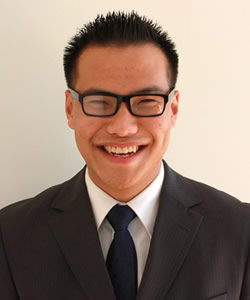“Faith has always provided a moral framework and vocabulary for this country to come to terms with its most pressing challenges… Faith—and the moral obligations that derive from our faith—have always helped us to navigate some of our greatest moral challenges.”
–
Barack Obama
One’s religious faith is an intensely personal matter. But is it just that? Should personal convictions remain in the privatized realm, divorced from entry into the public arena? If you’ve followed my polemical rants on
the Berkley Center website, which you probably haven’t, then you know that I believe “the moral obligations that derive from our faith” can and should influence our actions, especially choices made for the collective good. Nonetheless, are there instances in which actors should refrain from publicly endorsing particular individuals or political parties?
For me, this question was borne out of Cardinal Timothy Dolan’s recent administering of the benediction at the Republican National Convention (RNC). The antagonism between President Obama and his administration and the U.S. Conference of Catholic Bishops has been well documented. The vicious attacks from both sides, notably the so-called “war on women,” have created general distrust between the two groups. As such, should Cardinal Dolan’s appearance at the RNC be construed as the
“baptizing [of] the Republican nominee?” If it is, an ancillary question follows: has he acted responsibly in his office as a leader of the American Catholic Church?
John Piper, a prominent American, evangelical pastor, has noted that he
disagrees with both Republicans and Democrats on different issues. He begins by differentiating between individual Christians and the institutional church, asserting that individual Christians have more freedom in airing their views as they are simply speaking for themselves, something that is not true for the church as an institution. Then, speaking as a church leader and pastor, he asks, “What strategies of involvement will preserve my freedom to be in peoples’ faces?” In effect, if one is perceived to be simply as a tool of either Republicans or Democrats, he or she loses a prophetic voice in either of the two parties. As far as I have thought this out, I believe that religious leaders should refrain from open endorsement of candidates and parties, even on political issues that are cut and dry. Preserving independence facilitates being faithfully present, especially with those with whom we disagree.
Providentially, it appears that Cardinal Dolan
agrees.

